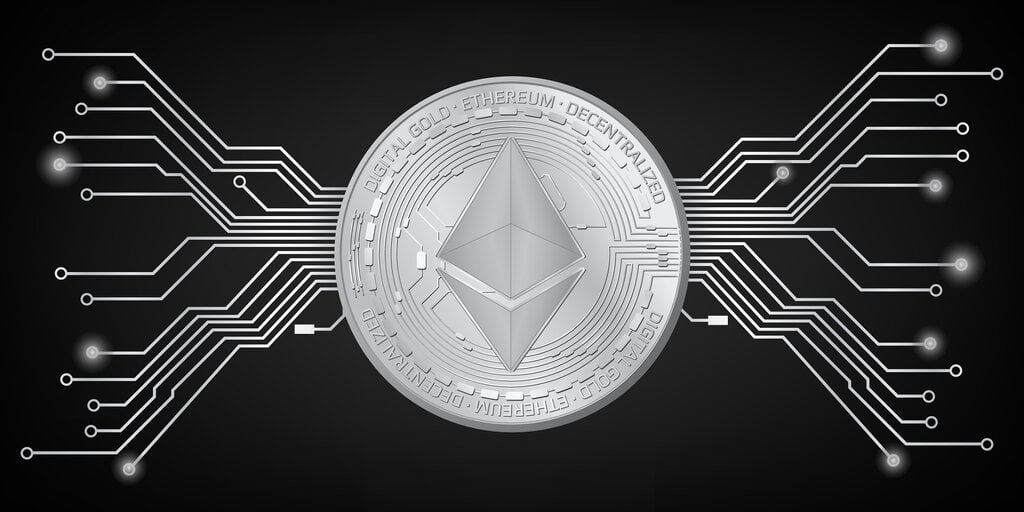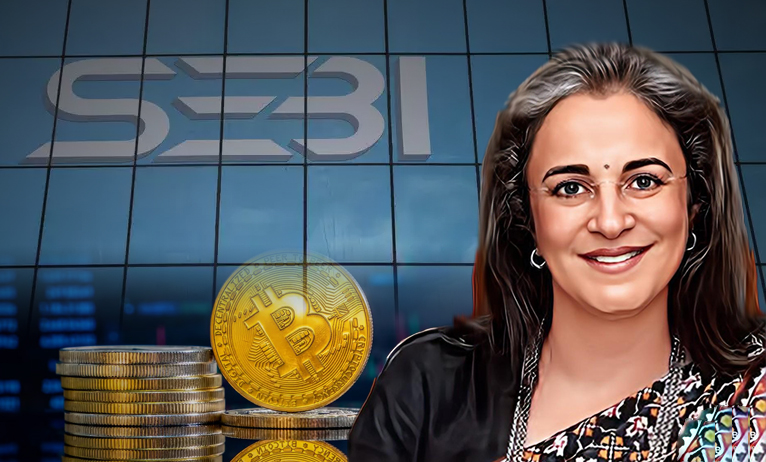Ethereum’s Dencun Upgrade Approaching
Ethereum’s upcoming hard fork, known as the Dencun upgrade, is set to occur in just two days, raising considerable anticipation in the crypto community. Described by experts as a pivotal moment for the network since the Merge, this upgrade is poised to bring significant changes despite not directly impacting Ethereum holders as much as previous updates.
Transitioning Focus
Max Wadington, a Research Analyst at Fidelity Digital Assets, highlighted that the Dencun upgrade will mark a notable shift in Ethereum’s focus. The network will pivot towards providing services to other blockchains, rather than directly to users, signifying a strategic evolution in Ethereum’s role within the broader blockchain ecosystem.
Introducing EIP 4844
The introduction of EIP 4844, also known as “protodanksharding,” constitutes a key feature of the Dencun upgrade. This enhancement aims to reduce gas fees on Ethereum’s layer two (L2) networks by enabling transactions to settle on Ethereum through a new transaction type called “blobs.” These blobs efficiently store large amounts of data, enhancing gas efficiency and benefiting networks like Polygon, Arbitrum, and Optimism that process transactions through batch processing called rollups.
Optimizing Costs and Scalability
David Silverman, VP of Product at Polygon Labs, anticipates a significant cost reduction for Polygon ZK EVM following the Dencun upgrade. Moreover, the upgrade is expected to make proof of stake costs slightly cheaper, reflecting Ethereum’s broader shift towards utilizing L2s as an execution layer to enhance scalability. The emphasis on L2s as a scaling solution underscores Ethereum’s acknowledgment of the limitations of its current design and a commitment to innovation.
Enhanced Hardware Requirements
Fidelity’s research report highlighted that the Dencun upgrade will raise hardware requirements for Ethereum node operators marginally. With an additional 100 gigabytes of SSD storage and 64 kilobytes per second of bandwidth needed, the upgrade is unlikely to compromise Ethereum’s decentralization. The improved efficiency of L2 submissions is expected to significantly reduce fees associated with L1 transactions post-upgrade.
Predictions and Market Outlook
While the Dencun upgrade lacks overt market-boosting mechanisms, such as yield enhancements or significant halving events, analysts at JPMorgan forecasted that the upgrade could drive ETH to outperform BTC in 2024. The projected success of protodanksharding in enhancing Ethereum network activity supports the belief that Ethereum will regain market share and solidify its position within the cryptocurrency landscape.
Currently, Bitcoin surged to an all-time high of over $72,600, with Ethereum surpassing the $4000 mark. Year-on-year, both assets have posted impressive gains, rising by 63% and 71% respectively. The forthcoming Dencun upgrade underscores Ethereum’s commitment to innovation and scalability within the blockchain sector.
Image/Photo credit: source url





